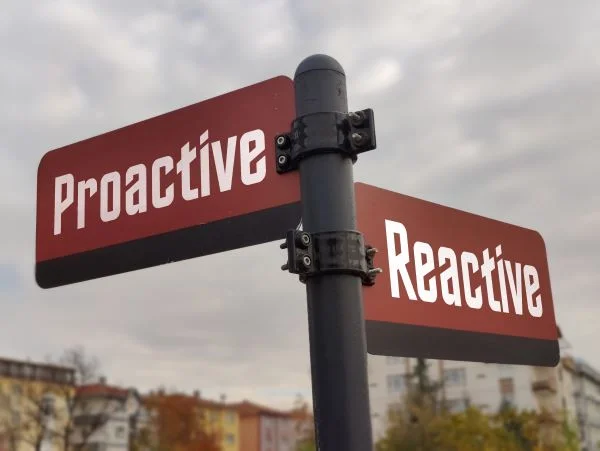Asking questions is one of the basic elements in everyday communications. However, we tend to forget that asking questions is a skill that could always be improved and perfected. Doing something every day can lead us to become complacent and approach things in a mindless, methodical manner—including the way in which we develop and ask questions. Asking the right questions has a great impact in the way we perform and can help us improve our actions.
Socrates, considered by many to be one of the greatest philosophers that ever lived, defined the concepts of Democracy, Politics, Freedom, Virtue, Love, and Ethics that many other thinkers used as a basis to further explore and develop their own theories and questions.
However, Socrates’ teachings were based on one fundamental concept and espoused in one of his more famous quotes: “I only know one thing! I know nothing.” By accepting the fact that you don’t know anything, you must ask questions in order to learn. “Socratic Questioning,” as this behavior became known, is a process for questioning that can be used to uncover knowledge, find the truth, and use it in the best possible way. At a time when philosophers from all over the world were coming to Athens to start their schools for teaching young people, Socrates was the only one convicted for transferring these capabilities to young Athenians. At Kepner-Tregoe, we see a lot of similarities between this Socratic Questioning and Clear Thinking.
To bring this concept to modern age, Daniel Kahneman in his book Thinking, Fast and Slow explains that our brains use two systems of thinking. What he calls System 1, which is the quick, automatic and effortless thinking, and System 2, which requires effort and puts the brain to work.
Effective questioning kicks System 2 into motion allowing information to be processed and analysed, leading us to think better and make better choices. Asking effective questions gives your brain the necessary fuel and empowers it to achieve great results.
Kepner-Tregoe processes provide a framework of questions to get the thinking process underway and help people utilize their valuable knowledge and skills more effectively, analyze their information better and clear their thinking. As Socrates would say, “I cannot teach anybody anything, I can only make them think.”


